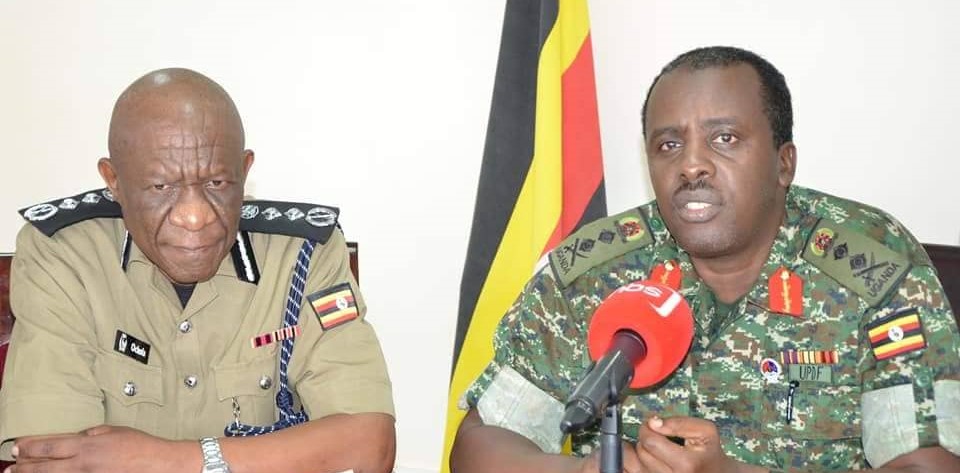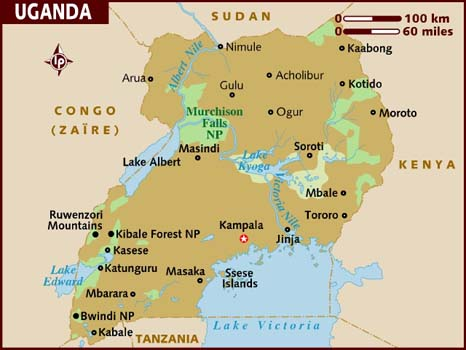Uganda seeks public support
August 27, 2018 | Expert Insights

Kampala’s security chiefs want the support of the public in their handling of crucial security issues in the country.
Background
Uganda is a landlocked country in East Africa bordered to the east by Kenya, to the north by South Sudan, to the west by the Democratic Republic of the Congo, to the south-west by Rwanda, and to the south by Tanzania. It is a semi-presidential republic with a population of 41 million people, with a diverse linguistic heritage.
Uganda was a British Protectorate until 1962 and underwent several years of political instability until 1979, when the dictator of 8 years, Idi Amin, was ousted. Since 1986, Yoweri Museveni has been in power, ruling in a near autocratic style.
Uganda has had its share of security issues, but the latest developments may be in the face of rising accusations that President Museveni is using the state apparatus to tighten his grip on the country.

Read more about our extensive analysis on the recent developments in Uganda.
Analysis
The country’s police chief, a top army general and head of the prisons service held a press briefing to address recent politico-security issues that have gripped the country in recent weeks.
Major-General Kaneirugaba Muhoozi of the Uganda Defense Forces advised that people should trust them to do their job but also cautioned against the use of social media to spread misinformation.
“Trust us to do our job. We shall give you all updates of what happened & what is happening: There’s absolutely no need to speculate.
“Those who were posting fake pictures on social media need to stop. Let’s be responsible, don’t play around with the security of your country. Exercise your duty in the right manner,” he added.
Police chief Okoth Ochola backed the call for a responsible social media space taking the opportunity to dispel rumours that he had resigned his post.
“I want to inform people who use social media that they should stop circulating fear in the public. Someone made a tweet saying I had resigned. How can a whole IGP write to the President that he wants to resign? I don’t want to resign, please,” he said.
On the specific subject of an attack on President Museveni’s convoy in the Arua municipality, he stressed that the president had the right of way ahead at all times and that people who lead protests are to be held responsible if it degenerates at any point.
Museveni’s convoy was reportedly attacked ahead of a by-election.
In the ensuing security action, a driver of artiste turned lawmaker, Bobi Wine was shot dead. The lawmaker along with 32 others are standing trial for treason.
Journalists in Uganda are reporting that a bodyguard and music producer of detained pop star turned legislator, Robert Kyagulanyi, popularly referred to as Bobi Wine, have been arrested.
The two are said to have been arrested from a nightclub in the capital Kampala by unidentified persons who whisked them into a vehicle and drove off at top speed.
The lawmaker is facing treason charges in a civilian court after a court-martial dropped charges against him relating to illegal possession of arms.
Assessment
Our assessment is that Kampala may be looking to extend its influence over the Ugandan people by appealing to the masses for support. However, this is in contradiction to the recently introduced “social media tax” which taxed the average citizen for their presence on any social media platforms. We believe that taxing social media usage isn’t just restricting free speech but also stirring a socio-economic turmoil in Uganda. We also feel that the security agencies asking for support maybe part of an effort to distract from the real security threats to the people.








Comments